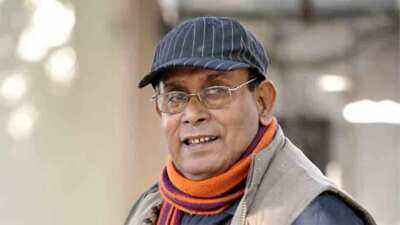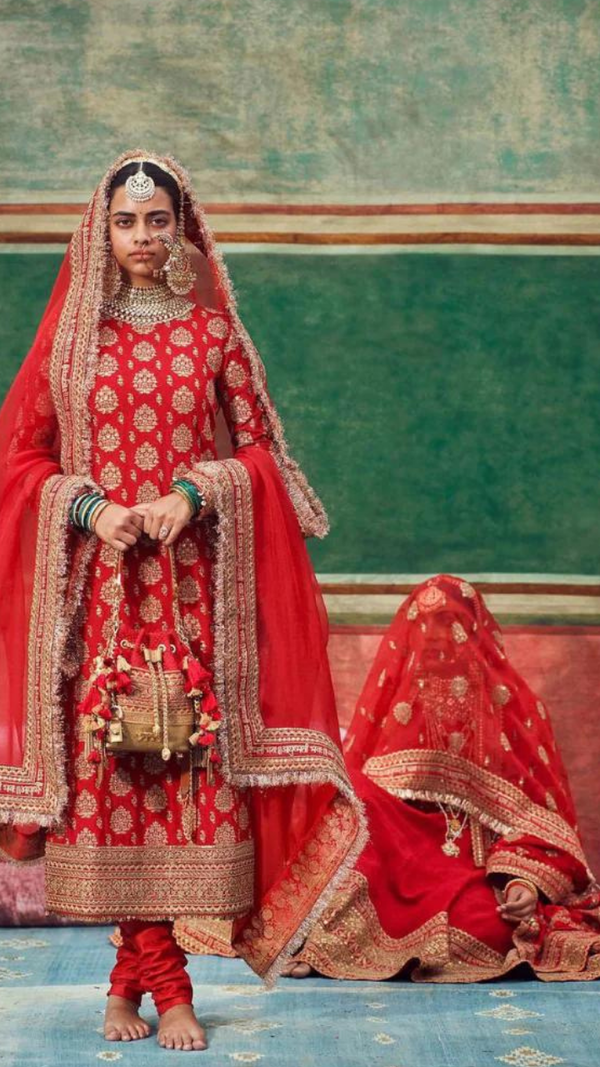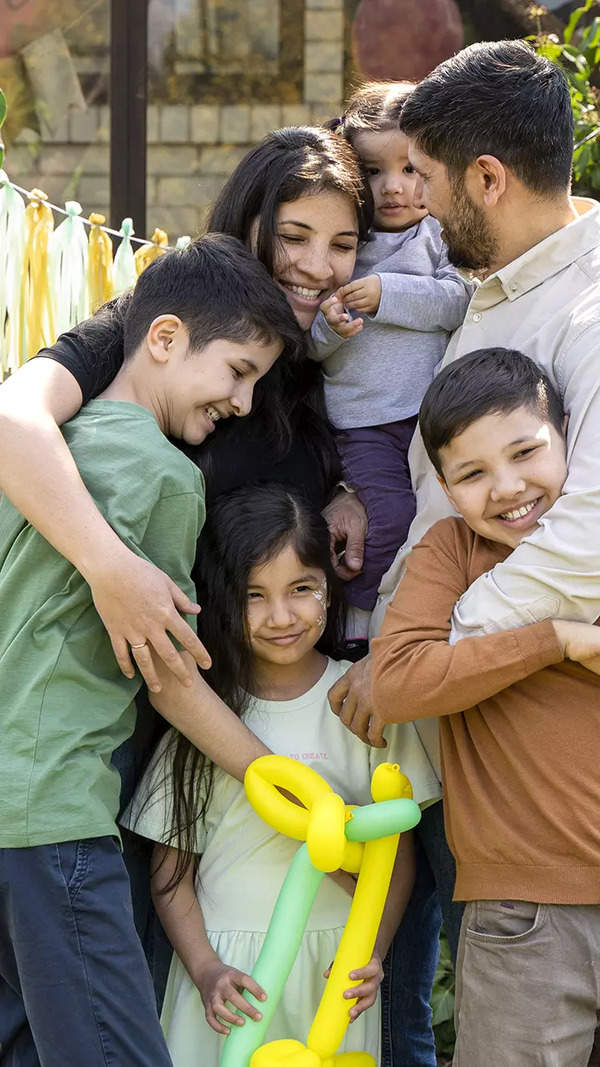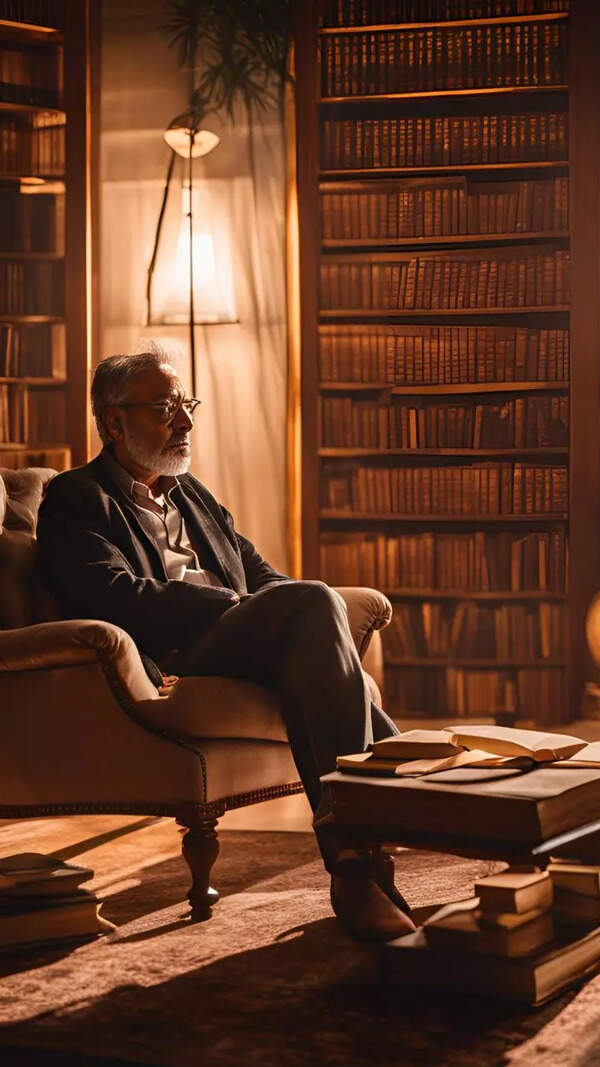- News
- entertainment
- bengali
- movies
- Filmmakers on Tagore’s timeless influence
Trending
This story is from May 9, 2019
Filmmakers on Tagore’s timeless influence

Interpreting Tagore has been a much-loved creative exercise that authors, musicians, painters and filmmakers have enjoyed as part of their artistic growth. The relevance of the bard in present times and his immortal creations have had the most profound effect on people across generations in India and abroad. On Rabindra Jayanti, we ask a few celebrated directors about their favourite adaptation of a Tagore story for a film and to choose the one they would like to bring alive on the big screen.


‘After adapting 13 poems of Tagore, I’m open to doing a film on his novels too’
So far, I haven’t seen a better adaptation of Tagore’s novel, Noshtonir, than what Satyajit Ray had done in Charulata. He was impeccable in the way he projected the time frame of the story and also the characters. The casting was excellent too. Casting is what I feel poses the biggest challenge for any filmmaker when it comes toadapting a Tagore novel for a film. Portraying the time period right is important. Also, it’s difficult to get actors like Soumitra Chatterjee and Madhabi Mukherjee, who would do complete justice to the roles. Matching the physicality of the characters from Tagore’s novels through contemporary actors is also difficult. The audience also has to accept the casting. Times have further changed from when Ray adapted Tagore. For this very reason, I haven’t worked on any of his novels and novellas yet. But I have made 13 short films on 13 poems of Tagore. I also filmed Woh, based on Tagore’s Shey. I’m keen on working on many more poems by Tagore and if approached, may also do a feature film on a novel of his.
— Buddhadeb Dasgupta

‘his poems inspire me to adapt them into films’
While I love Tagore's stories and novels, I recently developed an interest in his poems too. The poetic articulation has been greatly inspiring and they can straightaway be a part of the medium I work in. Though I’m not well-conversant in Bengali, I love the expressions in the verse Je Raate Mor Duarguli Bhanglo Jhore. It says, ‘I had no idea that you would come into my room.’ Recently, we had been grappling with censorship on our work of art. During that time, the lines of Ekla Chalo Re influenced me a lot. Jodi Keu Kotha Na Koye… Jodi Shobai Thake Mukh Firaye Shobai Kore Bhoy. Tobe Poran Khule, O Tui Mukh Fute Tor Moner Kotha Ekla Bolo Re — I find these lines to be so apt. Also, the song Ami Chini Go Chini Tomare touches so many emotional chords. As a kid, I grew up with this grouse that he never spoke about our freedom movement as I expected him to. Later, the more I read, I got an understanding of his politics. I learnt about his views on the Partition. And now, given a choice, I would like to adapt several of his poems for the big screen.
— Imtiaz Ali

‘I’d want to make Kabuliwala again’
If there is one work of Tagore I could adapt for the big screen, it would be Kabuliwala — my favourite adaptation of a Tagore story for a film. Though it has already been made, I see no problem in adapting it again. Khhoti ki? (What’s the harm?) The story, which delves into a sweet bonding between a father and his daughter, intrigues me a lot. The charm of the story lies in the fact that we cannot pinpoint what interests us the most. Why do you think some works go on to become classics? It is because those works are timeless. That’s the essence of Rabindranath Tagore. What he could think of and write years ago is still every bit relevant in our lives. His songs are not gender-specific — anyone can sing Rabindrasangeet. Referring to Tagore’s works comes naturally to everyone at any given time and I’m sure it’s going to be the same for
my children and grandchildren too. They may also want to turn his works into films. His works will always be relevant.
— Sujoy Ghosh

‘I will try adapting Shesher Kobita again, which I had to stop halfway’
I am one of the biggest Tagore fans ever! He has been influencing me since my birth. I was also born on Pochishe Boishakh. Though my favourite on-screen adaptation of Tagore’s work is Ray’s Charulata, I would love to adapt Shesher Kobita. I had tried adapting it during the time I was working on the Tagore series, but I failed. I think it is very difficult to adapt the novel, especially if the adaptation is not in Bengali. I tried working on the script but gave up as I realised that I was not being able to do justice to it. Hindi, as a language, is limited. The essence was getting lost in translation. Now, I might want to take time and work on it. I am ageing andlearning every day from Tagore. Koto kichu pora baki ache
(There’s so much more to read). I am going to read more of Tagore.
— Anurag Basu

‘Tagore’s Jogajog could be mynext venture’
I am working on Tagore’s Jogajog as part of my Tagore Fellowship Programme. This could be my next venture on an adaptation of Tagore’s stories. I have adapted three of his works for the stage — Raktakarabi, Bishorjon and the introductory part of Falguni. I have done two films — Shesher Kobita and Chaturanga. I worked on Shesher Kobita during the 150th birth anniversary of Tagore and turned it into a film. But now, I would like to film Jogajog. He questions the order of the world and is still very relevant. There is a prophetic vision in his writing that is extremely apt in today’s world. We can definitely debate on whether his novels could be ranked as some of the best novels ever. But the questions he had raised in his works are still pertinent.
— Suman Mukhopadhyay
End of Article
FOLLOW US ON SOCIAL MEDIA








